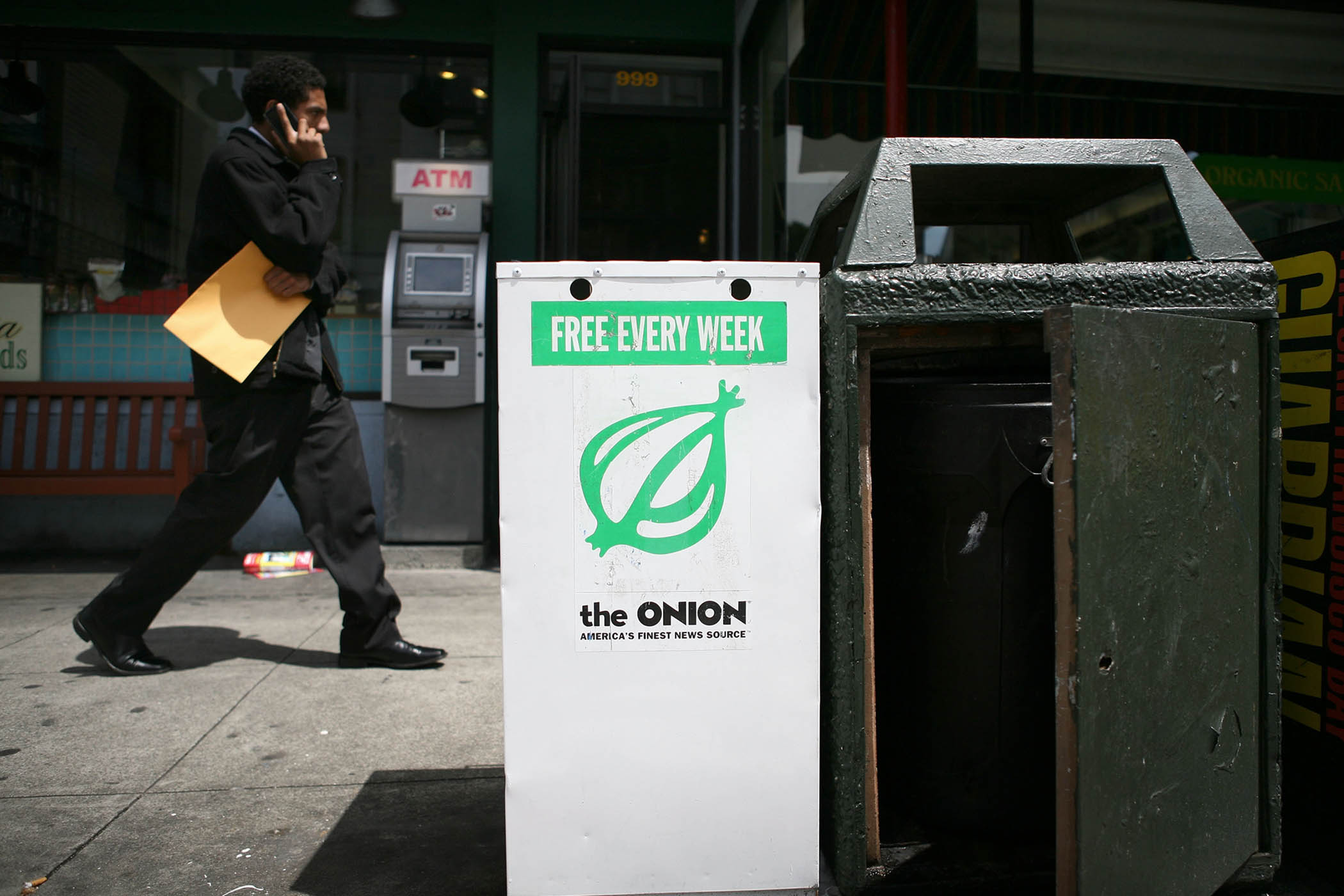It has become known as one of the nastiest corners of the internet, a site that spiralled from its original aim to “critique” those in the public eye, to a breeding ground for abuse, harassment and threats.
Tattle Life is a guilty pleasure for millions of users, mostly in the UK, but has been the scourge of influencers and celebrities, who have found themselves the subject of vitriolic message-board threads dedicated to criticising their lives.
Now its victims are demanding that the site is taken down and that its owner is prevented from making any more money from it. Neil Sands, who with his wife Donna successfully sued Tattle Life in 2023 for defamation and harassment, said: “We’re calling on [the secretary of state for culture] Lisa Nandy to have the site delisted by internet service providers in the UK.”
The couple told The Observer: “We want Google to take the Google Ads account off the site, so the monetisation of people’s suffering is stopped.”
The Sands began legal action against Tattle Life in 2021, after they discovered a 45-page thread discussing their lives, which included personal insults, allegations about their business practices, and claims that Tattle Life users were watching them in public and at their home address. They were awarded £300,000 in a ruling at Belfast’s high court.
The court made a series of orders as part of the Sands’ ruling to freeze more than £1m of assets of the owner of the site, and then worked to identify them. After reporting restrictions were lifted, they finally unmasked the founder last week as a 41-year-old Englishman, Sebastian Bond. He had been using the pseudonym Helen McDougal, and also operated as a vegan blogger and cookbook author under the name Bastian Durward.
From its inception in 2018, Tattle Life claimed to be a place for “commentary and critiques of people that choose to monetise their personal life as a business and release it into the public domain”. The website’s message-board format has threads dedicated to public figures, mostly influencers from Instagram and YouTube – ranging from big names such as Mrs Hinch, Katie Price and Molly-Mae Hague, to influencers and business owners such as the Sands with smaller followings. Neil is a tech businessman while Donna runs a clothing brand, Sylkie.
It has been reported that the site receives around 12m monthly visitors, mostly in the UK, and estimates from 2021 suggested it made more than £500,000 a year in Google ad revenue.
Related articles:
Threads often comment on women’s appearance, lifestyle choices and parenting decisions. There’s speculation about home addresses and, at the most extreme end, allegations that people have lied about personal tragedies, scammed followers, or are perpetrators of child abuse. Some Tattle Life users have threatened to contact employers or report people to social services.
Prof Emma Short, an expert in cyberpsychology and cyberstalking at London Metropolitan University, said it’s “disorientating” for those targeted. “People you’ve never met, spending a lot of time thinking about your actions, your movements, is frightening – that level of surveillance makes people feel very unsafe. In terms of the impact, I’d say it’s very similar to stalking.”
Newsletters
Choose the newsletters you want to receive
View more
For information about how The Observer protects your data, read our Privacy Policy
The Sands are not the first to fight back. In 2019, YouTuber Michelle Chapman started a petition to get the site taken down, gaining 70,000 signatures and the backing of MP Helen Whately. In 2020, beauty journalist Sali Hughes made a BBC radio documentary about her experience of being targeted. Both described the impact on their mental health.
But Short described the Sands’ case as a “landmark ruling”. She believes it has drawn a line between “free expression and criminal behaviour”. “In the future, it will protect more people,” she said.
The court ruling could prompt further legal action against both Bond and individual Tattle Life users. Neil Sands warned that, with advances in technology, “the internet’s not an anonymous place”.
Anyone can read Tattle Life’s forums – a key issue for targets, as threads then appear prominently in Google searches – but there is a waiting list to become a member. Members, who use pseudonyms, are part of a group dynamic which “makes them feel less accountable as individuals and identify more with the extremes of the group,” said Short. Anonymity can act as an enabler to “up the ante”.
The Sands are now encouraging others who’ve been targeted to report Tattle Life to the Information Commissioner’s Office (ICO) for misuse of personal data. “People’s data has been badly abused,” said Neil Sands. “Getting to the ICO website and making your complaint is really the first step on your own journey to justice.” The Press Gazette reported last year that the site would be investigated by the ICO over its use of cookies.
The couple have also received an outpouring of support from other public figures who have been targeted. Beauty expert Caroline Hirons offered “financial help” to pursue the site’s anonymous posters.
Websites must take more responsibility for the content they host, the Sands said, and introduce more effective complaints processes. Sands said he had complained to Tattle Life multiple times without response: “That complaints process is difficult and it’s opaque. That has to be made easier.”
The couple hope to recover the money awarded to them through the freezing orders. To Bond, Sands has a message: “I would encourage him to take the site down and reconsider his profession.”
An ICO spokesperson said: “We have received complaints regarding Tattle Life and will consider these in line with our complaints process.”
A spokesperson for Google said: “We don’t allow sites to engage in disruptive ad serving practices. After reviewing the site in question, we have restricted ads in accordance with our publisher policies.”
Photograph by Peter Morrison



